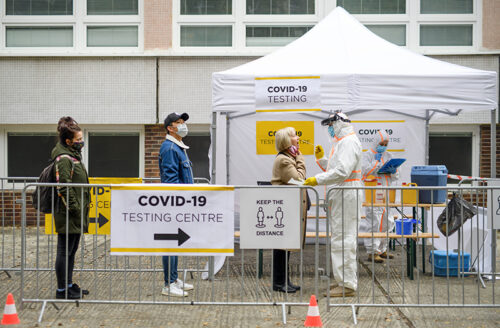On May 11th, the national Public Health Emergency (PHE) for COVID-19, declared under Section 319 of the Public Health Service (PHS) Act, expired.
What will change:
- The federal government will no longer be purchasing or distributing COVID-19 vaccines
- COVID-19 vaccines and certain treatments will be integrated into the traditional health care market
- Out-of-pocket expenses for certain COVID-19 treatments like Paxlovid and Lagevrio may change after the move to traditional health care models, dependant on a patient’s healthcare coverage
- Certain Medicare and Medicaid waivers and broad flexibilities for health care providers are no longer necessary and have been ended
What will not change:
- Most Americans should continue to pay nothing out-of-pocket for COVID-19 vaccines
- The Department of Health and Human Services has launched the Bridge Access Program For COVID-19 Vaccines and Treatments with the goal of maintaining broad access to COVID-19 vaccines for uninsured Americans
- The FDA’s Emergency Use Authorizations (EUAs) for COVID-19 products (including tests, vaccines, and treatments) has not been affected
- Most Medicare telehealth flexibilities will remain in place through December 2024
- COVID-19 test will be accessible via COVIDtests.gov through the end of May




